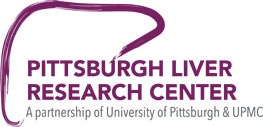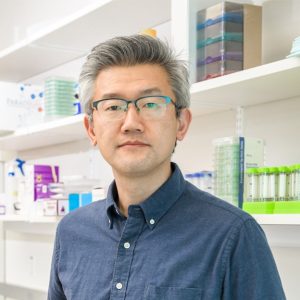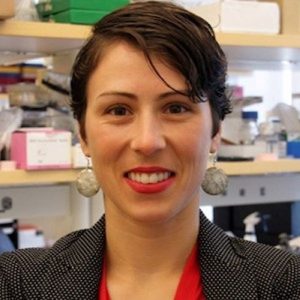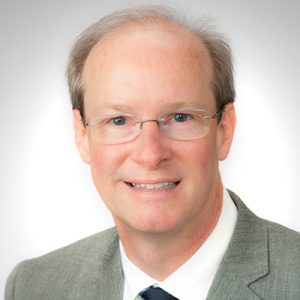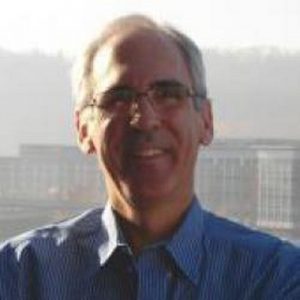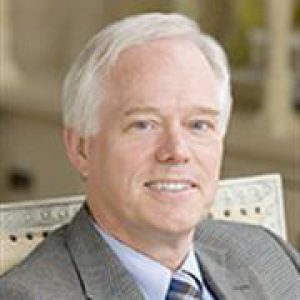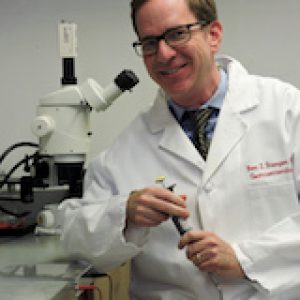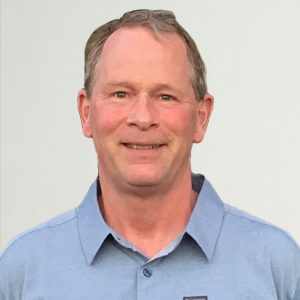
Dr. Jingxing Ou, PhD Principal Investigator/Professor (Stress and Regeneration) The 3rd Affiliated Hospital, Sun Yat-sen University, China
Seminar Title: Hibernation-inspired mechanisms in promoting liver protection and regeneration
Host: Dr. Alex Soto-Gutierrez, MD, PhD
Dr. Jingxing Ou obtained his M.Sc. degree in Biochemistry and Molecular Biology at the School of Life Sciences, Sun Yat-sen University, P.R. China, and Ph.D. degree in Cell and Developmental Biology at the School of Medicine, University of Aberdeen, the United Kingdom, before moving to the National Institutes of Health for his postdoctoral training in 2009. During his time at Dr. Wei Li’s lab (National Eye Institute), Dr. Ou has developed a strong interest in using hibernating mammals as references for research on mammalian stress tolerance and recovery, as these mammals have acquired superior and unique skills in adapting to and recovering from extreme environmental conditions. For the first time (Cell, 2018; featured cover article), Dr. Ou successfully established induced pluripotent stem cells from a hibernator, the 13-lined ground squirrel, and demonstrated that the adaptive mechanisms retained in these stem cell-based models can be unveiled in a culture dish and inspire novel strategies to enhance stress adaptation and regeneration in non-hibernators. Then since 2020, Dr. Ou has led a research team at the 3rd Affiliated Hospital of Sun Yat-sen University, P.R. China to bring hibernation-inspired research into translational medicine, with a focus on donor liver preservation, transplantation and regeneration. Some recent findings of the group have been published in Theranostics (2022 & 2023) and Cell Reports (2023).
Current Research Interests and Highlights
Comparative studies to understand mammalian metabolic adaptation/stress tolerance/anti-aging
- For the first time, established induced pluripotent stem cells from a hibernating mammal as a research tool for stress tolerance (Cell, 2018);
- As a PI, used stem cell- and hibernator-based comparative studies to find: a) key sub-cellular stress-adapting and regenerative mechanisms and b) drug strategies to enable autonomous stress protection and recovery/ regeneration from stress and injuries in human cells and mammalian models
